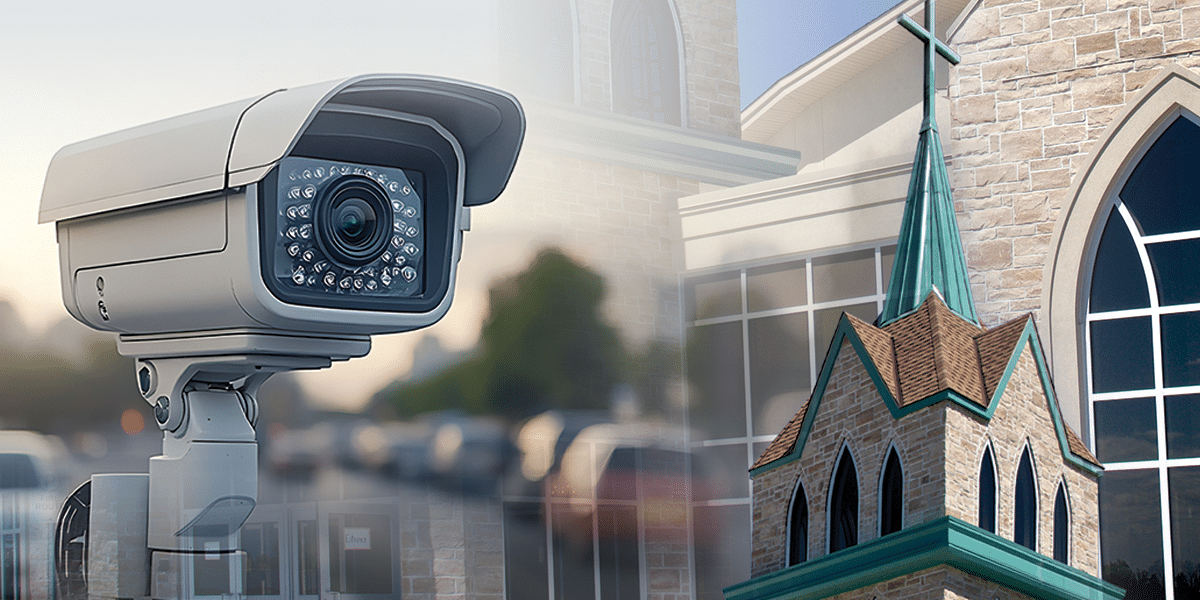Churches have long been regarded as sanctuaries of peace, refuge, and community. They serve as pivotal gathering spaces for worship, spiritual growth, and social connection.
However, in today’s world, ensuring that these sacred spaces remain welcoming while also safeguarding the safety and security of all who enter is increasingly important. Balancing the open and inviting nature of a church with the need for security can indeed be a complex task.
How Does Access Control Work?
Access control systems provide an effective solution to this challenge by offering a way to manage entry to various parts of the church. These systems ensure that access is granted only to those who are authorized, helping to protect both the church’s property and its congregation.
Whether it’s during large services, busy community events, or quieter times when only staff are present, access control systems can play a vital role in maintaining a secure environment.
By implementing such technology, churches can continue to offer an open and inviting atmosphere while also prioritizing the safety of their members and visitors.
Here’s how access control can make your church safer:
Tracking Entries and Exits
One of the biggest advantages of access control is its ability to keep track of entries and exits—especially during busier times. Church leaders can easily monitor who’s coming and going without needing to be physically present all the time. The logs generated by these systems can also serve as a useful accountability tool, particularly during large events when it’s important to know who’s been in and out of the building.
Securing Vulnerable Areas
One of the best things about improving security is that it helps protect the more sensitive areas of a church. Spaces like children’s ministries and staff offices often need extra attention to keep them secure. It’s essential to make sure that only the right people have access to these areas.
Access control systems give churches the ability to manage who enters these spaces, helping to ensure the safety of both children and church property. By limiting access to authorized individuals, churches can create a much safer environment, giving everyone peace of mind, from parents to staff.
Supporting Large Events
Churches often host a variety of events, such as weddings, conferences, and community gatherings. Access control systems can be incredibly helpful in managing who enters these events.
They ensure that attendees find their way to the right areas while keeping the rest of the building secure and off-limits. These systems are also quite flexible; for instance, staff members might have access to the entire building, whereas volunteers might only need to access specific rooms on certain days.
Practical Ways to Introduce Access Control in Your Church
When churches are thinking about adding an access control system, there are a few key things to keep in mind. Start by figuring out which areas really need the most security—think about places like offices, rooms for kids, or storage spaces. Focusing on these spots first will make the system easier to manage while still keeping everything secure.
Next, pick a system that fits your church’s size and needs. For smaller churches, simple keypads or card-based systems might work just fine. But if your church is on the larger side, you might want to look into more advanced options like mobile or biometric access.
Lastly, plan for flexibility, especially if your church often hosts big events. Make sure the system you choose can easily adjust so you can give temporary access to event staff or visitors without compromising security in other areas.
And don’t worry too much about costs—there are plenty of budget-friendly options that still offer solid security.
Tony Ridzyowski is the sales and marketing coordinator for Turn-key Technologies, Inc., whose mission is to deliver mission-critical networking and security solutions to organizations across all industries, www.turn-keytechnologies.com.




